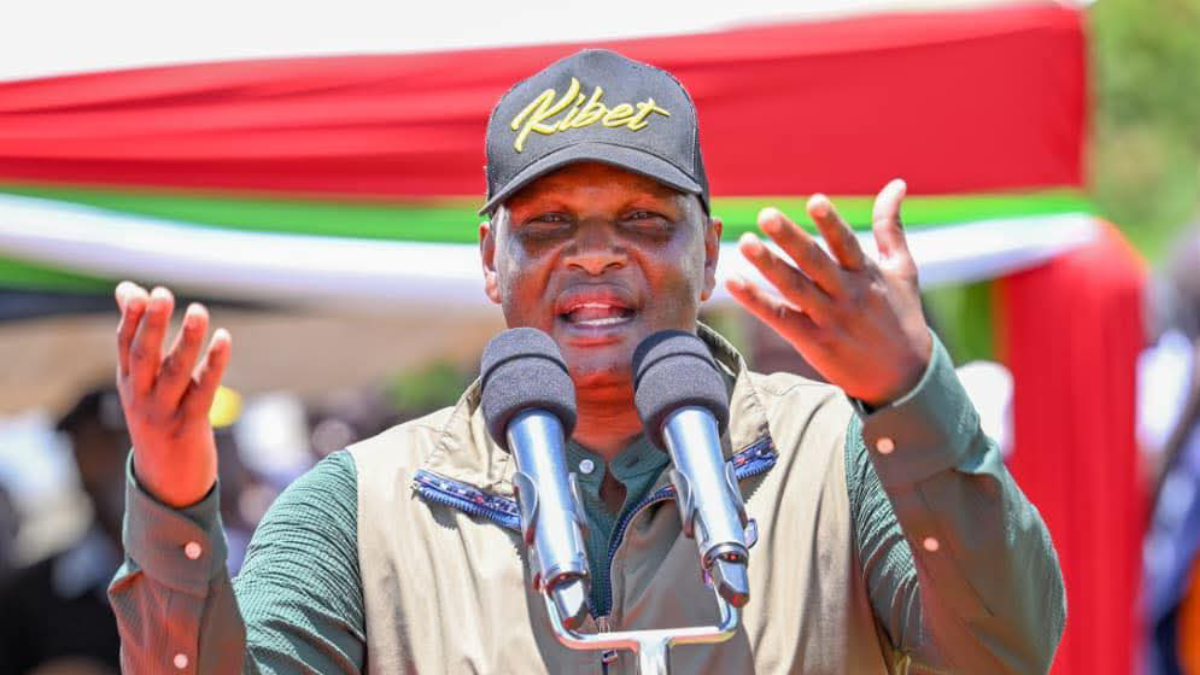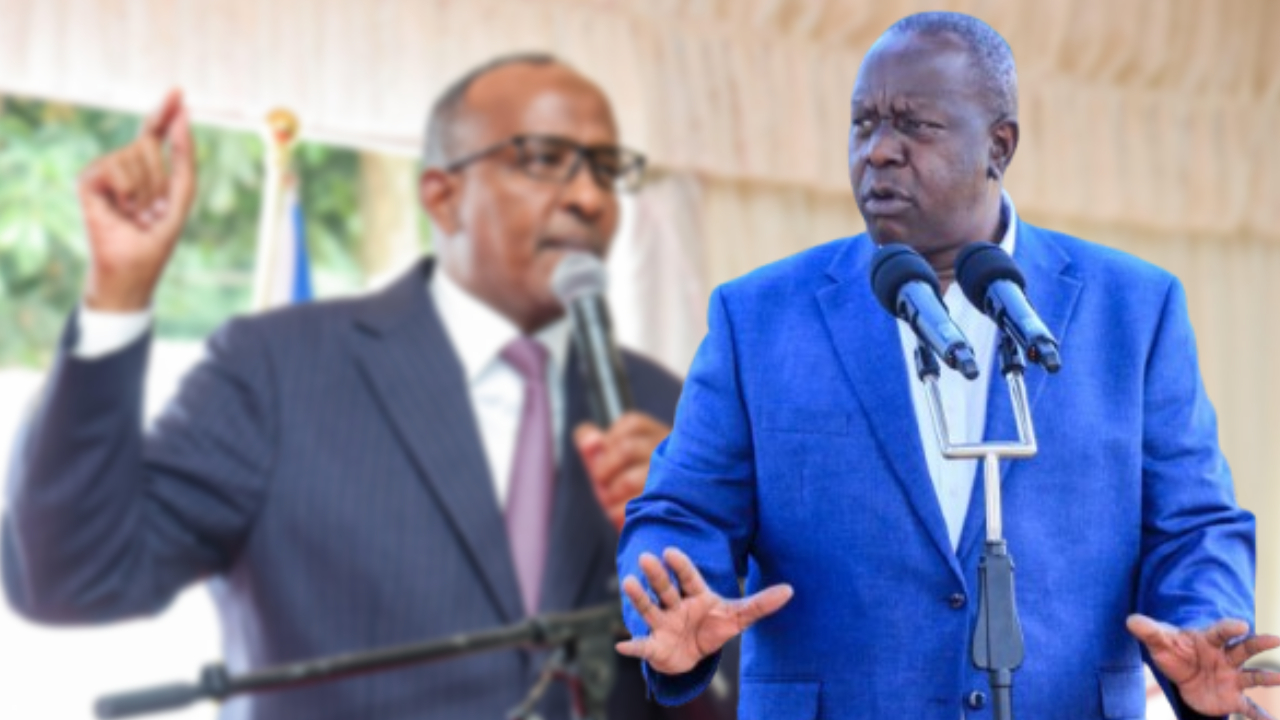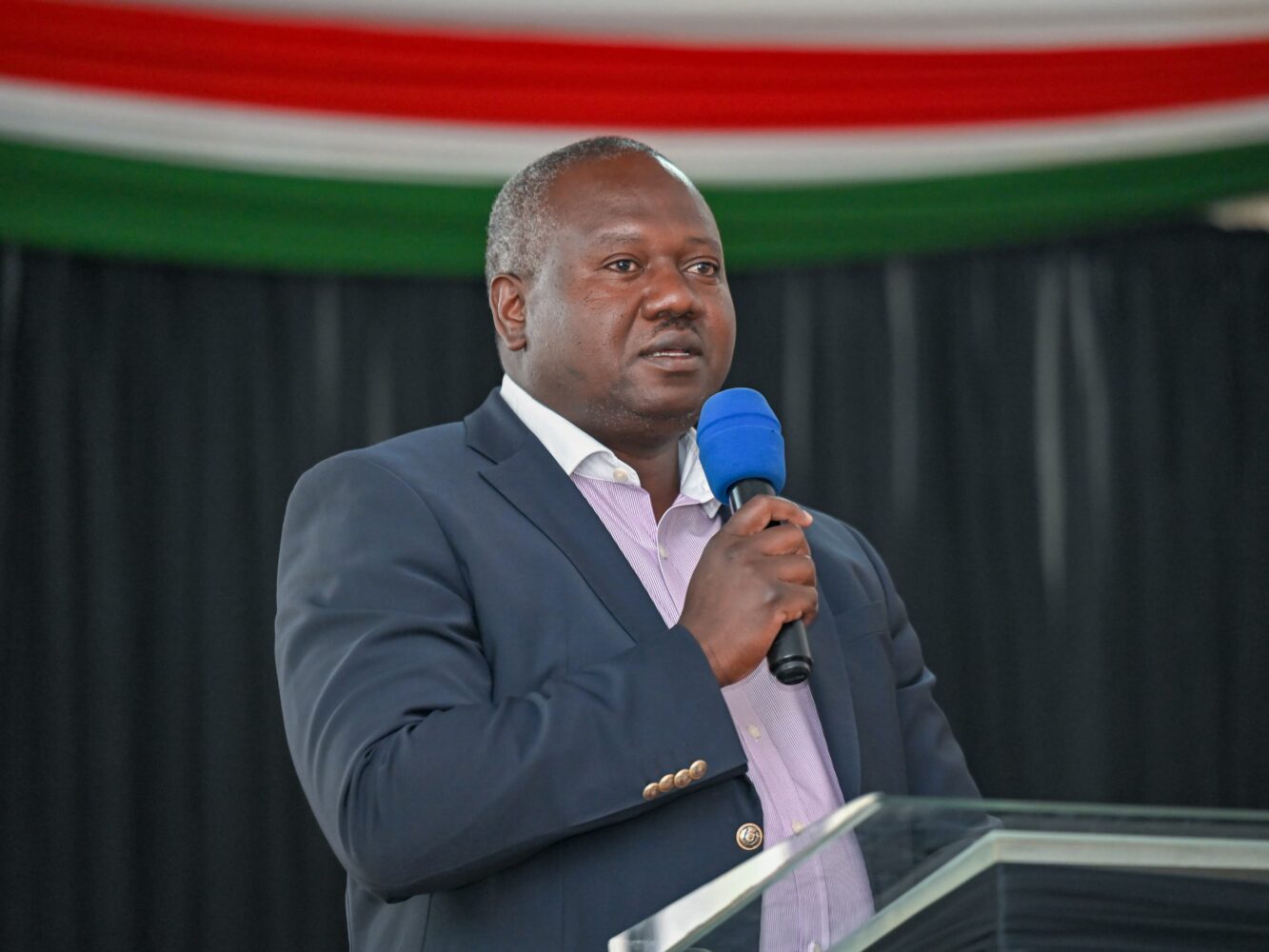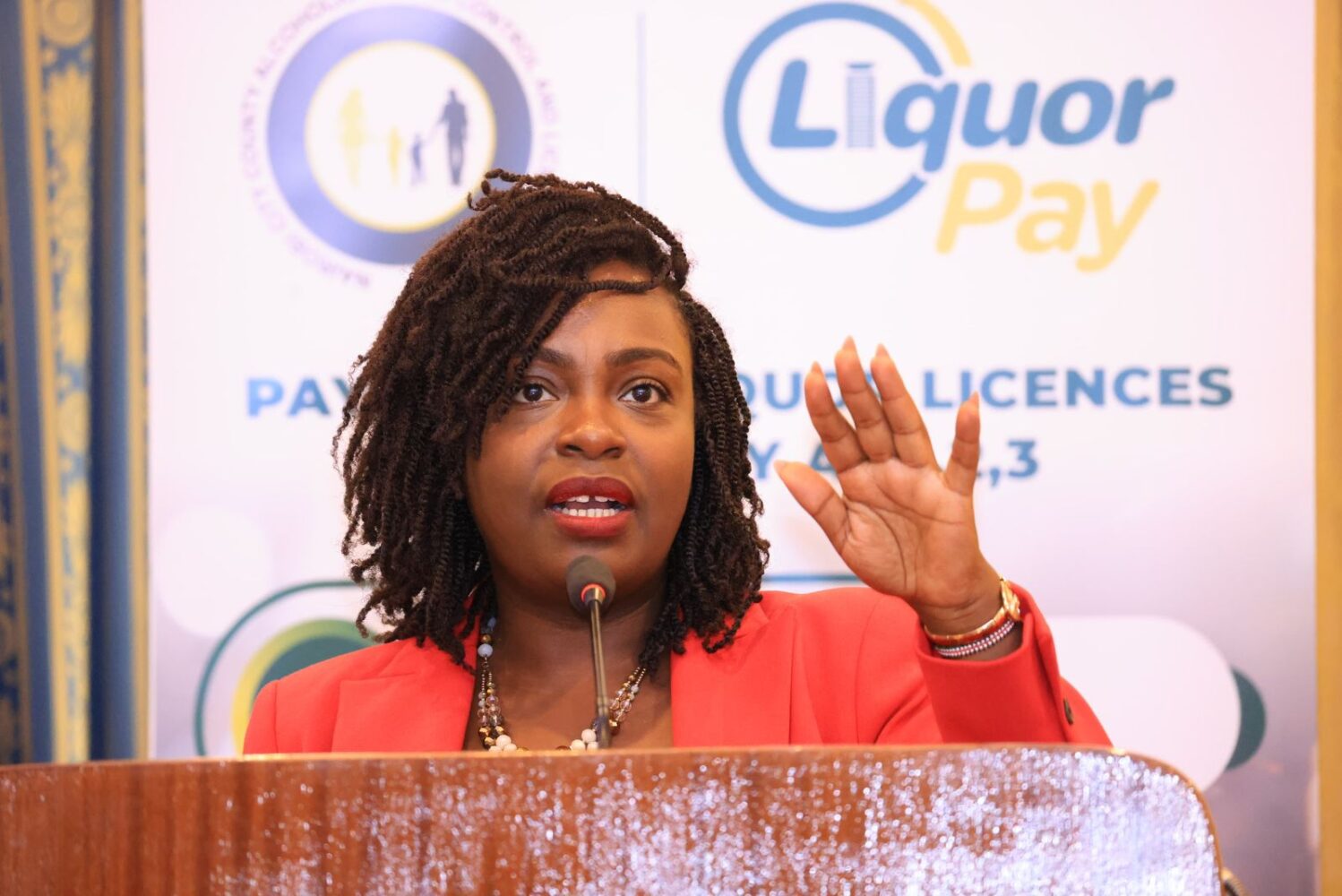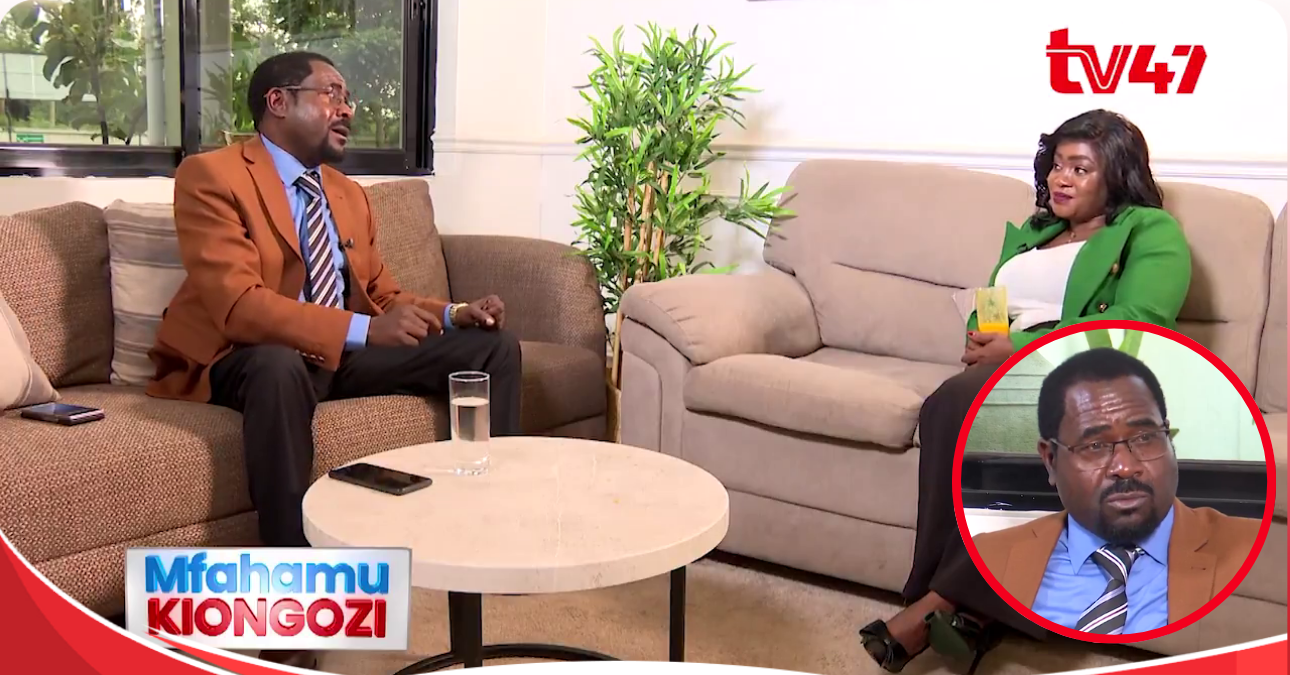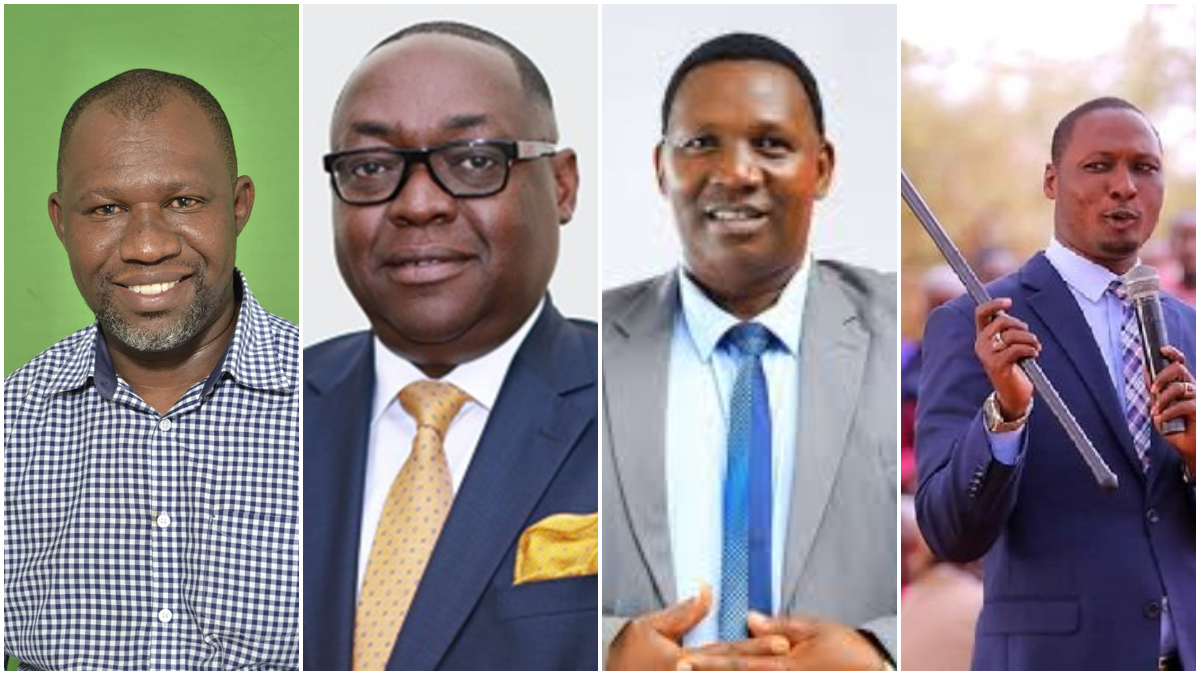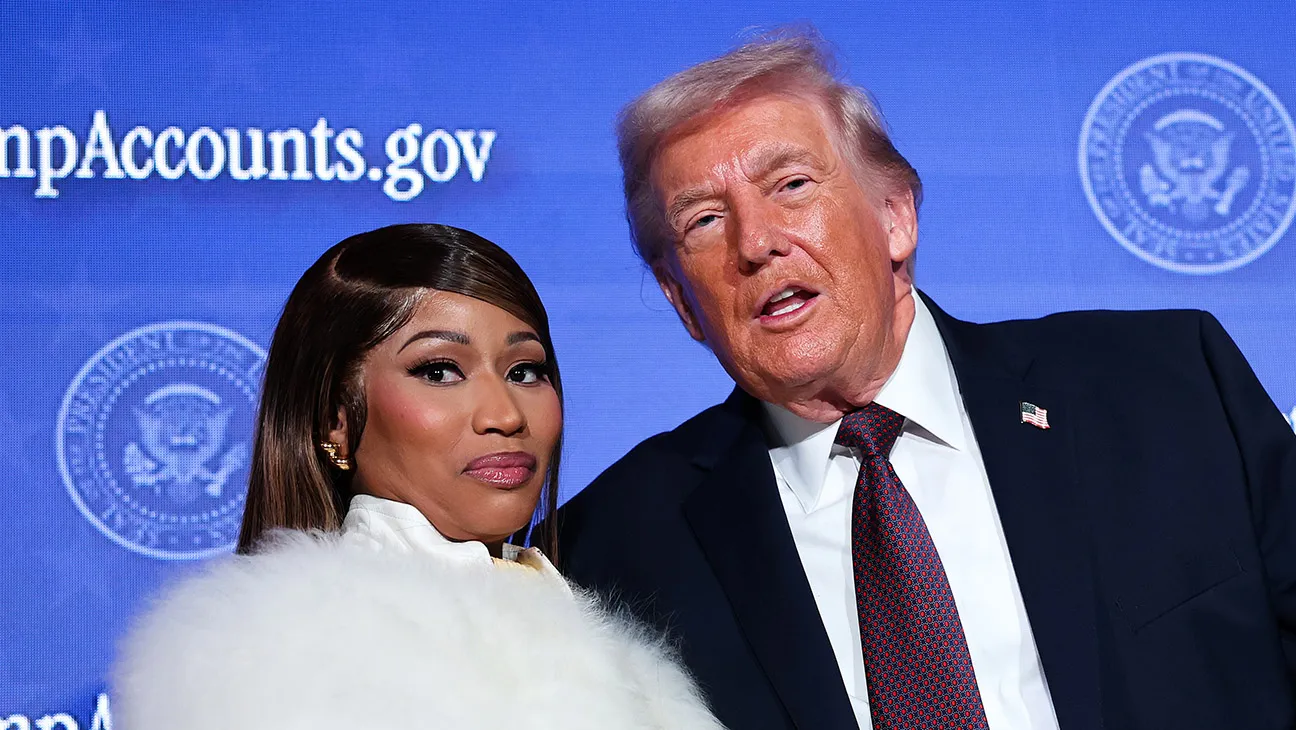Presidential aide Farouk Kibet has drawn sharp reactions after proposing that all political nomination slots from Members of County Assembly (MCAs) to Parliament and the Senate be reserved exclusively for persons with disabilities.
Speaking during an empowerment forum for people living with disabilities in Malava, Kakamega County, Kibet said the country must move from promises to action in giving one of Kenya’s most marginalized groups a stronger voice in governance.
“Those living with disabilities face numerous challenges even in their day-to-day activities. They are disadvantaged when competing against other candidates and often lose in the long run. Giving them direct nomination slots will ensure they are not sidelined in governance,” he said.
He urged Members of Parliament to consider legislation that would entrench disability representation in law. The proposal received mixed reactions.
Susan Erina, treasurer of the Kakamega County Disability Caucus and a member of the National Council of Persons with Disabilities, backed the idea.
“Many of us cannot afford nomination fees, yet we can raise important issues affecting our community. Additional slots would give us the chance to push bills that favor people with disabilities,” she said.
But political analyst Martin Andati dismissed the remarks as roadside declarations.
“The law is already clear on who benefits from affirmative action women, youth, and people with disabilities. It is not subject to someone’s personal discretion,” he said.
Kibet also pressed for full tax exemptions for persons with disabilities, including on imported vehicles.
“All those who wake up every day to hustle should be exempted from taxation. This is not charity, it is justice,” he said.
Although exemptions exist in law, many people with disabilities complain of bureaucratic hurdles, corruption, and lack of awareness that lock them out.
Erina noted that in Kakamega, traders with disabilities are still being forced to pay levies. “In places like Navakholo, Mumias East, and Mumias West, county officials have harassed traders and confiscated their goods, insisting exemptions do not apply,” she said.
She expressed hope that the 2025 Disability Policy, recently signed into law by President William Ruto, will improve access and awareness.
While Kenya’s Constitution guarantees inclusion of marginalized groups, advocacy groups argue that many nomination slots for persons with disabilities are either left vacant, awarded to party loyalists, or filled without proper consultation, reducing representation to tokenism.
Kibet’s comments, delivered in his capacity as one of President Ruto’s closest political operatives, underscored the administration’s strategy of combining social justice with grassroots mobilization in Western Kenya.
At the Malava event, President Ruto contributed KSh 3 million, Kibet added KSh 1 million, and National Assembly Speaker Moses Wetang’ula donated KSh 500,000 to support persons with disabilities.
“This is seed money. Use it wisely to start small businesses and improve your livelihoods,” Kibet told beneficiaries.
He emphasized that people with disabilities should not only be symbolically recognized but also given real opportunities to participate in national leadership.


